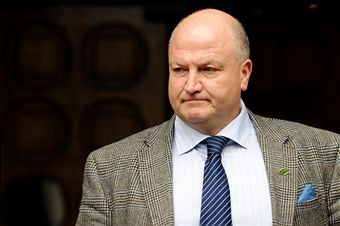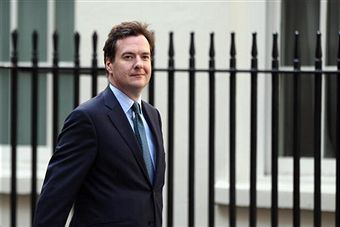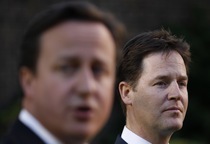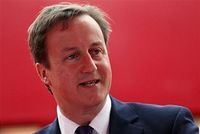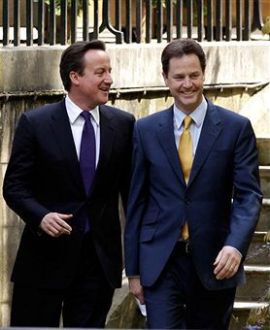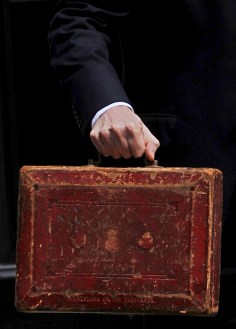Reforming Britain’s antiquated industrial relations laws
The TUC Conference rumbles on with some rather blood-curdling statements about the future of industrial relations in Britain. The RMT leader Bob Crow called for a campaign of civil disobedience and spoke of ‘confronting… the enemy’. The PCS’ Mark Serwotka has spoken of a ‘campaign of resistance the likes of which we will not have seen in this country for decades.’ Perhaps for good measure, the TUC also took the opportunity to attack our recent report on modernising industrial relations. The trade unions are arguing vociferously against not only the very clear necessity for reductions in public expenditure, but also any change in industrial relations procedures which are largely obsolete
